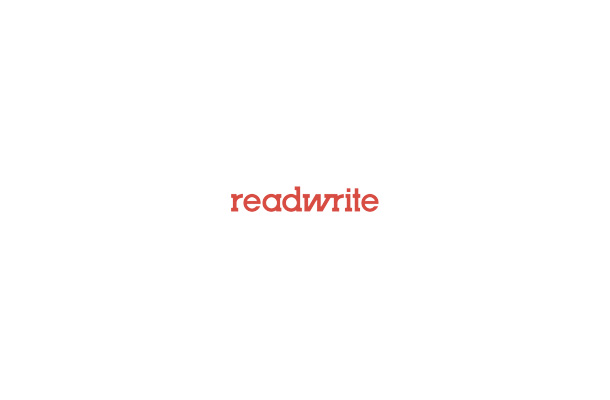Earlier this month, I finally purchased a DNA test at 23andMe, the personal genetics company based in Silicon Valley. When the test kit arrived, I duly spat into the plastic tube and posted it back. It isn’t cheap, US$299 plus postage, but the results promise to tell me about my ancestry, inherited traits, and any possible congenital risks. All of this is part of the service 23andMe provides, but the recent announcement of an API could lead to even more enlightenment and uses for your genetic data.
23andMe’s API (application programming interface) allows authorized third-party developers to build applications that make use of your genetic data – if you give permission! The latter point will be a big concern for many people, because according to API specialist blog ProgrammableWeb, the 23andMe API gives access to personally identifiable data such as profile information. As a new 23andMe user myself, I’m going to want some reassurance from 23andMe before I give my permission. Giving third parties access to that kind of data could have big implications down the road, for example being refused access to medical insurance or losing out on a job.
But let’s assume for a moment that the privacy protection gets tighter, or 23andMe is able to convince me and others that their genetic data is safe. What kind of things can we expect from the API?
At the Quantified Self Conference in Palo Alto earlier this month, 23andMe director of engineering Mike Polcari announced the API. Polcari told genetics news website BioInform that conference participants expressed “a lot of enthusiasm” about the API. He mentioned some examples of apps that might be developed:
[…] apps that would incorporate an individual’s DNA into his or her family tree; apps for running candidate gene studies using data from CureTogether — a community-based health site that 23andMe acquired this summer; and a sleep tracking app that would import SNPs associated with caffeine metabolism and circadian rhythms.The API may also enable researchers “to perform linkage studies or genome-wide association studies using 23andMe data,” Polcari told BioInform.
These potential genetic applications won’t assuage the main concern people have with 23andMe and its DNA tests: do you really want to know about your genetic risks, given that it could cause more worry than good? A discussion on Q&A web service Quora has 30 mostly pro replies to that question. Jason Menayan found his results to be “incredibly useful” – for example, he discovered that he is a slow caffeine metabolizer and so “should limit my caffeine intake for my cardiovascular health.”
Ultimately, it’s your choice whether to do one of these tests. The price is still an obstacle for many, but that will continue to come down (it started out at $1000 when it launched at the end of 2007).
The results could potentially be of great benefit to my health. I’m pretty excited about that alone. And I’m cautiously excited about the future applications by third-party developers, because it will hopefully enable me to do useful things with my genetic data.
Have you had a DNA test done and if so, did you find it useful?






